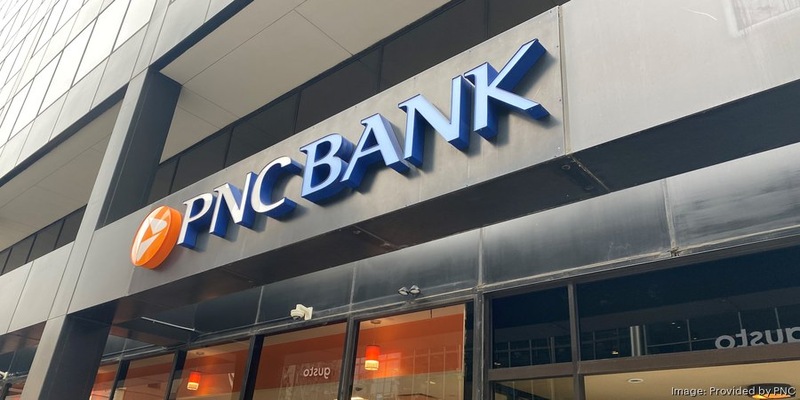I WAS EAGER TO EMBARK ON THIS NEW JOURNEY when I decided to invest in real estate by purchasing my first rental property. I researched, attended seminars, and talked to experienced investors. However, I still wish I had known several things before taking the plunge.
In this article, I'll share my experiences and insights about owning a rental property, hoping to help fellow beginners make informed decisions.
1. Location Matters More Than You Think
When I embarked on my journey into real estate investment, my primary concern was finding a property that fit my budget. While financial constraints are undeniably important, I swiftly came to understand that the location of your rental property holds an even greater significance than I initially imagined. Let's delve into this critical aspect further:
Meticulously Research the Neighborhood
While seizing a seemingly lucrative property deal is tempting, conducting comprehensive research on the neighborhood is indispensable. Here's what you should focus on:
Crime Rate: Investigate the neighborhood's crime rate. Safer neighborhoods attract more responsible and dependable tenants, resulting in reduced vacancy rates and improved rental income.
School Quality: Consider the quality of local schools. A neighborhood with well-rated schools can be a magnet for families, increasing the demand for your rental property.
Amenities: Take note of nearby amenities such as parks, shopping centers, public transportation, and healthcare facilities. Easy access to these amenities can make your property more appealing to potential tenants.
Future Development Plans: Research any planned developments or infrastructure projects in the area. These can significantly impact property values and rental demand in the future.
Weigh the Proximity to Your Residence
Becoming a landlord is akin to taking on a new job; location proximity is crucial to your effectiveness. Here's why it's essential:
Quick Response: Prompt response is vital when issues arise, whether a maintenance request or a tenant concern. If your rental property is located far from your residence, managing it becomes logistically challenging. Opting for a location close to your home can make overseeing the property more manageable.
Efficient Maintenance: Property maintenance is an ongoing responsibility. Being closer to your rental property ensures you can address maintenance needs swiftly, preventing minor problems from escalating into major ones.
Regular Inspections: Property inspections are essential to ensure it's well-maintained and tenants follow the lease agreement. Proximity allows you to conduct these inspections without much hassle.
Local Knowledge: Living near your rental property provides firsthand knowledge of the neighborhood dynamics, helping you make informed decisions about rent adjustments and property improvements.
By considering location, you can set a solid foundation for a successful real estate investment journey. Remember, it's not just about the property but the neighborhood it's in.
2. The Importance of Proper Property Management
I underestimated the role of property management when I first delved into real estate investment. Effective property management can make or break your experience as a landlord. Here are some valuable lessons I learned:
Do You Have the Time and Skills?
Property management requires time and skills. The workload can be overwhelming, from handling maintenance requests to dealing with tenant issues. I soon realized that hiring a professional property management company was smart. They handle day-to-day tasks, tenant relations, and property maintenance efficiently.
Budget for Property Management Fees

One aspect that caught me off guard when I started my real estate investment journey was the cost associated with property management services. These services are indispensable, yet their cost varies based on the scope of services needed and your geographic location. It's crucial to factor in these costs when planning your investment.
3. Understand Your Landlord's responsibilities
Becoming a landlord means taking on a new set of responsibilities. Ignoring them can lead to legal troubles and unhappy tenants. Here are some essential landlord responsibilities you should be aware of:
Know the Local Landlord-Tenant Laws
Landlord-tenant laws vary significantly from one state and locality to another. It is vital to familiarize yourself with these laws to safeguard your rights and those of your tenants. Remember, the law does not make exceptions for ignorance, so taking the time to understand these regulations is a fundamental responsibility for any landlord.
Budget for Maintenance and Repairs
Owning a rental property entails the responsibility of anticipating maintenance and repair needs. It's crucial to allocate a portion of your rental income to create a maintenance fund. Neglecting necessary repairs results in tenant discontent and can escalate into legal disputes, making proactive maintenance an essential aspect of successful property management.
4. Tenant screening Is Non-Negotiable

I was eager to find tenants quickly and earn rental income when I started. However, rushing the tenant screening process can lead to problems. Here's what I learned:
Establish Strict Screening Criteria
Develop clear and strict screening criteria for potential tenants. This should include credit checks, rental history, income verification, and criminal background checks. Adhering to these criteria ensures you select reliable tenants more likely to pay rent on time and take care of your property.
Don't Skip Background Checks
It's tempting to skip background checks to expedite the tenant selection process. However, this can be a costly mistake. A tenant with a history of property damage or unpaid rent can lead to financial and legal headaches. Always conduct thorough background checks on applicants.
Conclusion
Buying my first rental property was an exciting and educational experience. While I made some mistakes, I also learned valuable lessons that have helped me become a more successful landlord. Remember that location matters, proper property management is essential, understanding landlord responsibilities is crucial, and tenant screening is non-negotiable.
By remembering these lessons, you can confidently embark on your real estate investment journey and make the most of your rental property investment.




